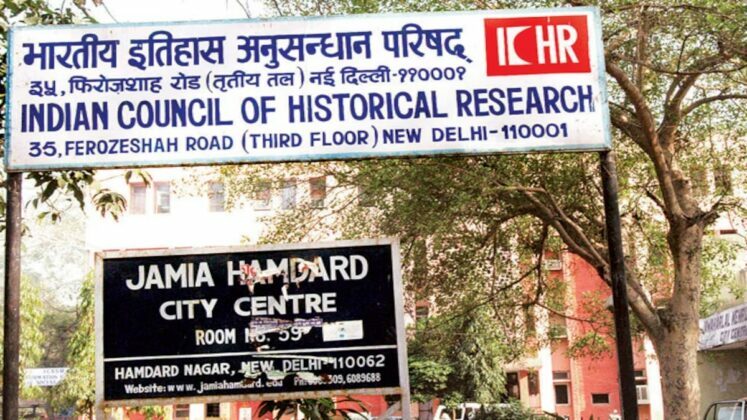On May 8, the Indian Council of Historical Research (ICHR) went entirely digital or paperless, making it the first research body in the nation to do so.
Council member secretary Prof Umesh Kadam said apart from launching its new website and e-office, the ICHR also launched its digital library and opened an accessibility and inclusive education centre for people with disabilities (PWD).
Prof Kadam said, “The council has also stopped all paperwork from now on and everything has been shifted to digital. With this, we become the first council to go completely paperless. The efforts have been taken under the government’s digital India campaign”.
The ICHR website is now PWD-friendly and can be accessed using any software designed for people with special needs. He added, “It has been done under the central government’s accessible India campaign”.
The council member secretary further stated, “Besides, the council has also launched two fellowships for PWD historical research scholars. This is also a first-of-its-kind initiative by any research council”.
Kadam said that research scholars of history could access the accessibility room set up by the ICHR. He added that the accessibility room has computers which have software, a screen magnifier, an NVDA screen reader, and accessible keyboards, mouse, headphones, and digital pens.
In March 2023, ICHR signed an agreement with UK’s Arts and Humanities Research Council (AHRC) to conduct “India-centric” research.The ICHR is exploring opportunities with other countries also, such as Japan, Australia and Israel.
Prof Kadam further said, “ICHR had many International collaborations that expired amid the Covid-19 pandemic and they could not be renewed. Now, we are working on renewing some old collaborations and exploring new ones. However, this time, we would only have India-centric themes”.
He said regarding the recent agreement with AHRC, “Our previous collaborations with the UK were more euro-centric and now it is completely going to shift to Indian. We signed one agreement with the UK’s AHRC last month”.
According to Prof Kadam, The ICHR wants to present a “global face” of India through these collaborations, “Through this effort, ICHR is also trying to promote the Indian knowledge system and Indian methodology, which has not been given its due credit. We want to tell the world about India’s scientific temperament of research. We have to understand our history not just within our own realm but also have to see it through the contours that connect. These collaborations will be connecting points for those contours, which happened at different points”.
ICHR is an autonomous organisation under the Ministry of Education. This centre is dedicated to conducting historical research with a broader aspect, including the history of art, literature and philosophy and allied subjects such as archaeology, numismatics, epigraphy and the historical study of manuscripts.



















Comments